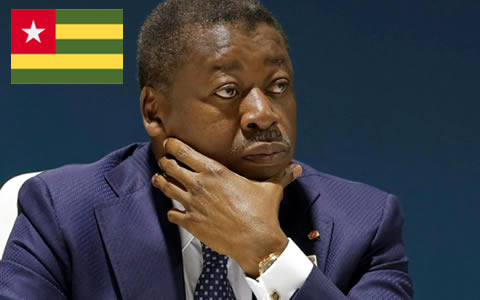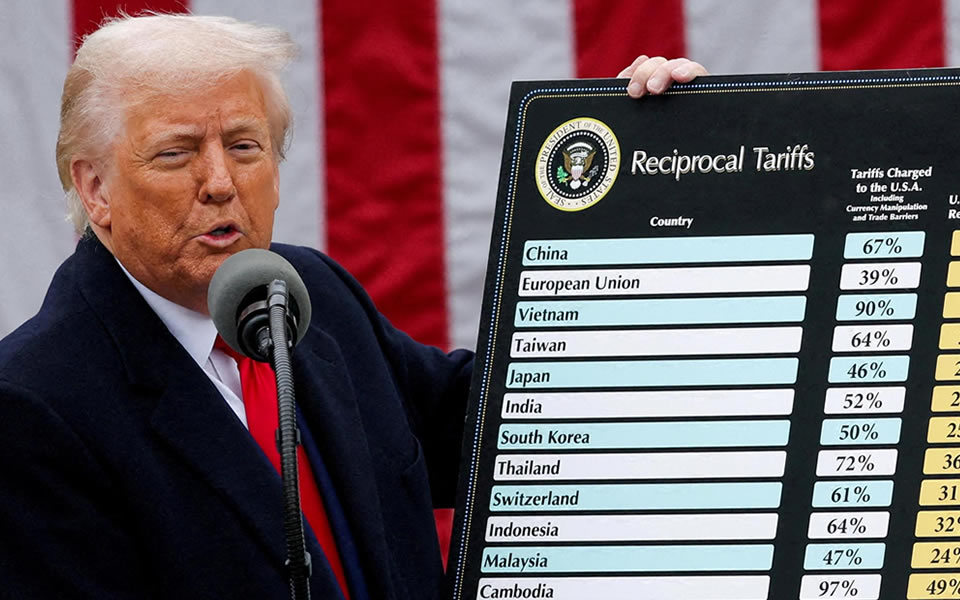
Cote d’Ivoire: Country Risk Assessment 2023 (Q2)
March 30, 2023
Burkina Faso: Jihadists Intensify Attacks on Security Forces in September 2023
October 8, 2023ALLIANCE OF SAHEL STATES FORMATION: OBJECTIVES & IMPLICATIONS FOR ECOWAS

Colonel Assimi Goïta, head of Mali’s transitional government, signing the charter of the Alliance of Sahel States on 16th September 2023
Introduction
In recent years, West Africa has seen significant changes in its political and security landscape, including coups, jihadist insurgencies, and shifting alliances. One noteworthy development is the establishment of the Alliance of Sahel States (AES) through the Liptako-Gourma Charter. This alliance involves Mali, Burkina Faso, and Niger and has important implications for the wider West African community, particularly ECOWAS.
The states objectives of the AES include Mutual Defense & Assistance, Counter-Terrorism & Security, Economic & Political Emancipation as well as Strengthening Regional Ties and Securing Borders.
Objectives of the Alliance of Sahel States (AES)
The Alliance of Sahel States (AES), formalized through the Liptako-Gourma Charter, represents a significant shift in the security dynamics of the Sahel region. Established by the military leaders of Mali, Burkina Faso, and Niger, the alliance aims to address the shared challenges and threats faced by these nations. The objectives of the AES can be summarized as follows:
1. Mutual Defense and Assistance
Member states commit to assisting each other in case of an attack on any member's sovereignty.
2. Counterterrorism and Security
The alliance prioritizes countering terrorist threats in the Sahel region.
3. Prevention & Settlement of Armed Rebellions
The AES aims to prevent or resolve armed rebellions within its territories.
4. Economic & Political Emancipation
It seeks to promote economic development and political independence.
5. Strengthening Regional Ties Amid International Pressures
The AES intends to assert regional autonomy amid international pressures.
Challenges Ahead for AES
The alliance faces several challenges, including political instability, security threats, economic limitations, and socio-cultural tensions. These challenges may impact its effectiveness.
Forecast
The AES is likely to strengthen its influence in the Sahel over the short to medium term, potentially diminishing ECOWAS' role. It might also inspire military coups in other nations. Global powers like Russia and China could capitalize on the situation, leading to a shift in geopolitical alliances in West Africa.
Conclusion
The AES's formation is a significant development in West Africa's political and security landscape. It poses challenges to ECOWAS and has the potential to reshape the region's geopolitics. How regional and global players respond to the AES will be crucial for the future stability and prosperity of the West Africa sub-region.



